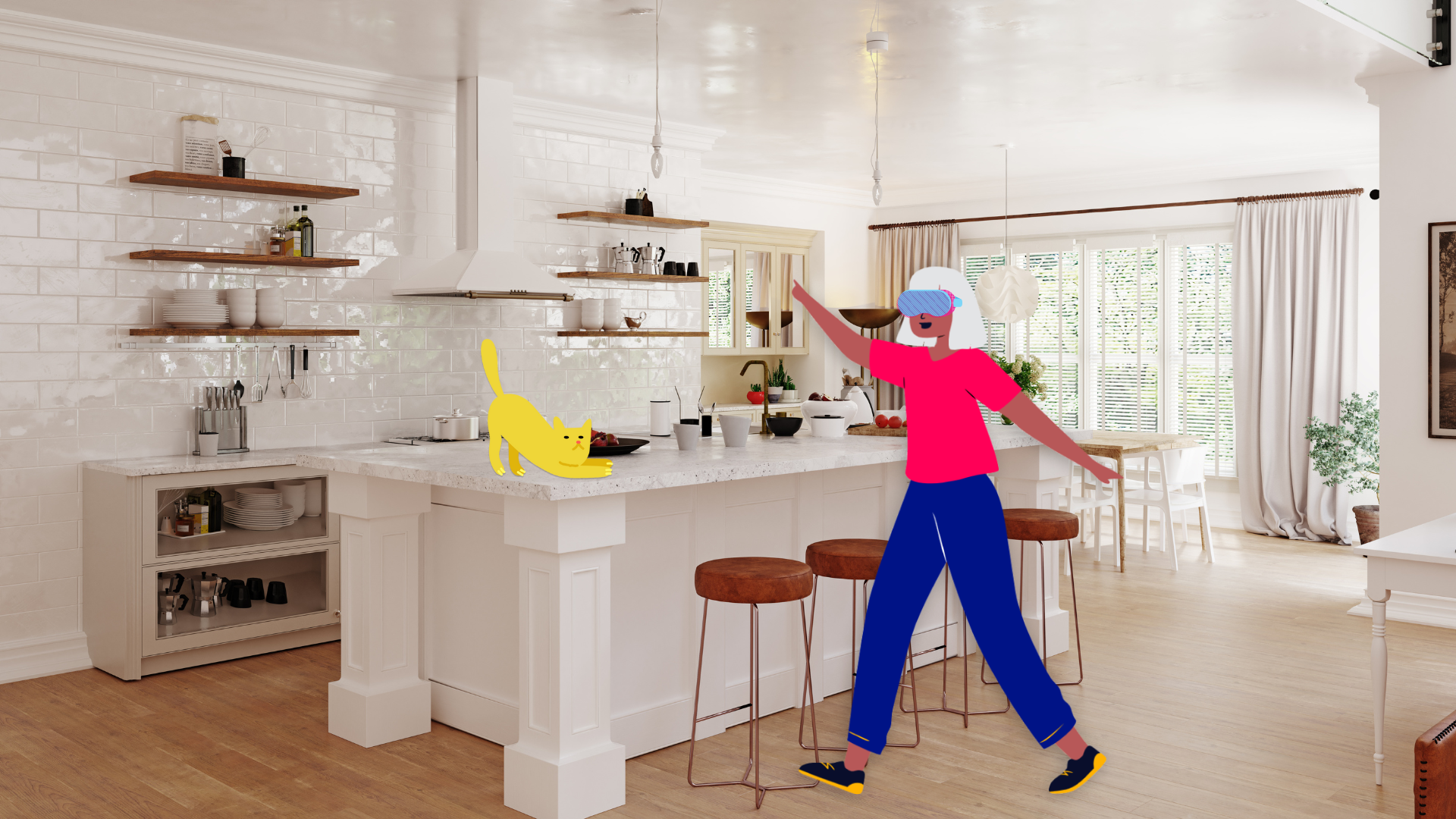Learning to Manage Chronic Pain Through VR
Living with chronic pain often means relying solely on medications or therapies to cope. But have you considered that game technology could help without the drugs?

Living with chronic pain often means relying solely on medications or therapies to cope. But have you considered that game technology could help without the drugs?
VR (virtual reality) treatments are providing new ways for patients to take an active role in managing their pain. VR programs are teaching critical mindset shifts and self-management skills to improve quality of life.
VR allows patients to practice techniques for overcoming pain in engaging, realistic environments. For example, one VR program called Pain RelieVR guides patients through meditation and breathing exercises while immersed in beautiful natural settings.
The immersive visuals and sounds enhance relaxation. Other programs use cognitive behavioural therapy techniques to build resilience and teach patients how to redirect negative thought patterns.
Chronic pain can make exercise difficult, but VR provides a solution. In the VR world, patients can safely try activities like yoga, tai chi, strength training, and aerobics tailored to their condition.
Exercising in virtual environments with positive feedback and coaching helps motivate patients to move more. This boosts physical and mental health.
VR also allows patients to trial health lifestyle changes and practice habits like improved sleep hygiene, healthy eating, and social connection that aid pain management.
Simulated scenarios help patients implement what they learn in the real world. Becoming an active manager of one’s condition, rather than a passive recipient of pain, is empowering.
Research shows VR boosts confidence for coping with pain. In one study of fibromyalgia patients using a VR self-management program, 84% of participants had a clinically meaningful reduction in pain-related fears and anxieties. The VR group also improved sleep, mobility, and emotional health.
Mindset and behavior changes don’t make chronic pain disappear. But they do impact how patients perceive and respond to their pain, improving quality of life.
VR provides a space for patients to build critical self-management skills with support. Instead of being isolated with pain, patients can engage with virtual coaches and communities.
Managing chronic pain often feels like an uphill battle. VR self-management programs offer new hope for taking control of pain through personalized active coping strategies. If you’re searching for drug-free ways to improve life with chronic pain, VR tools focused on mindset shifts, exercise, and lifestyle habits could help transform your outlook.



